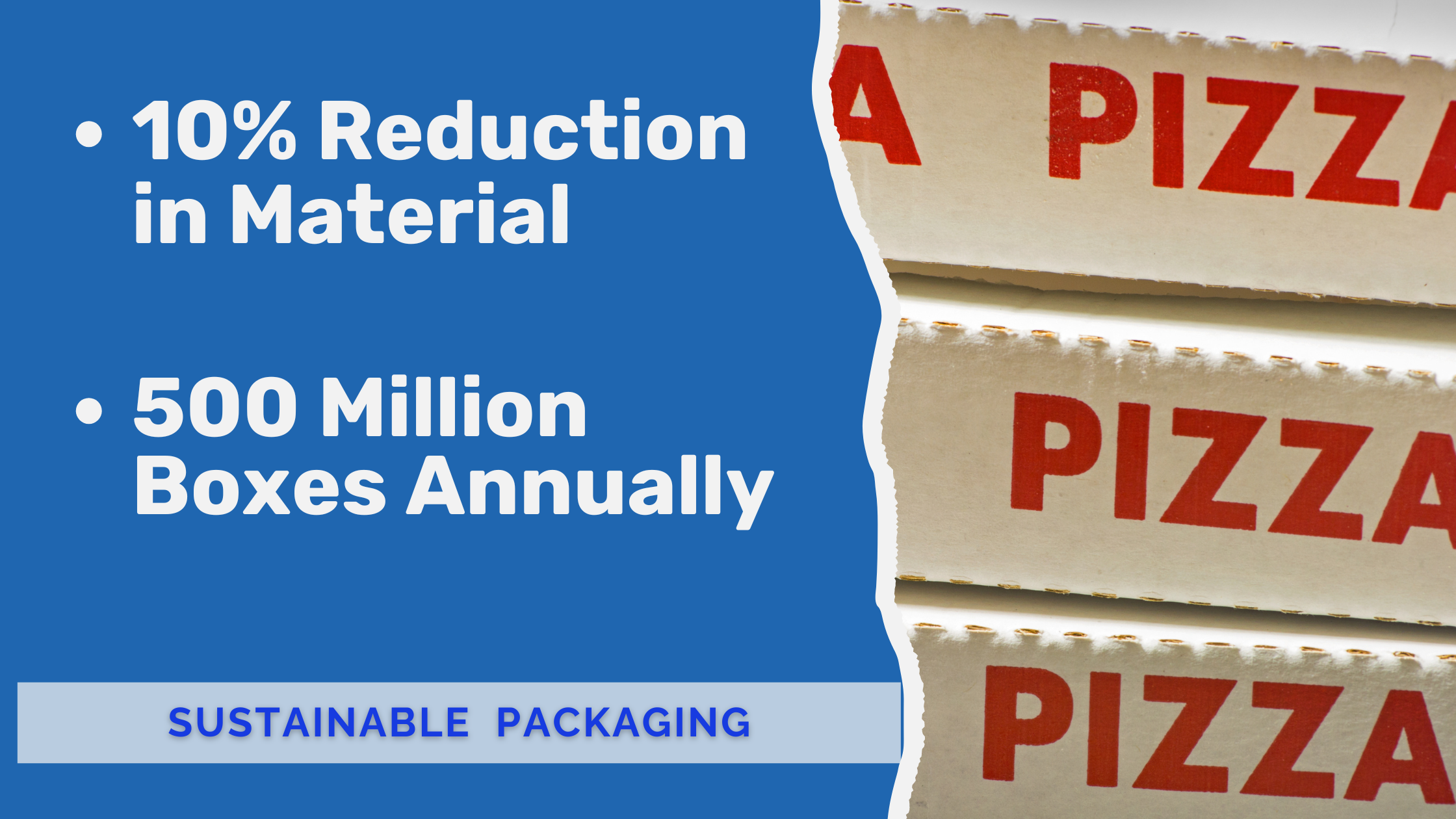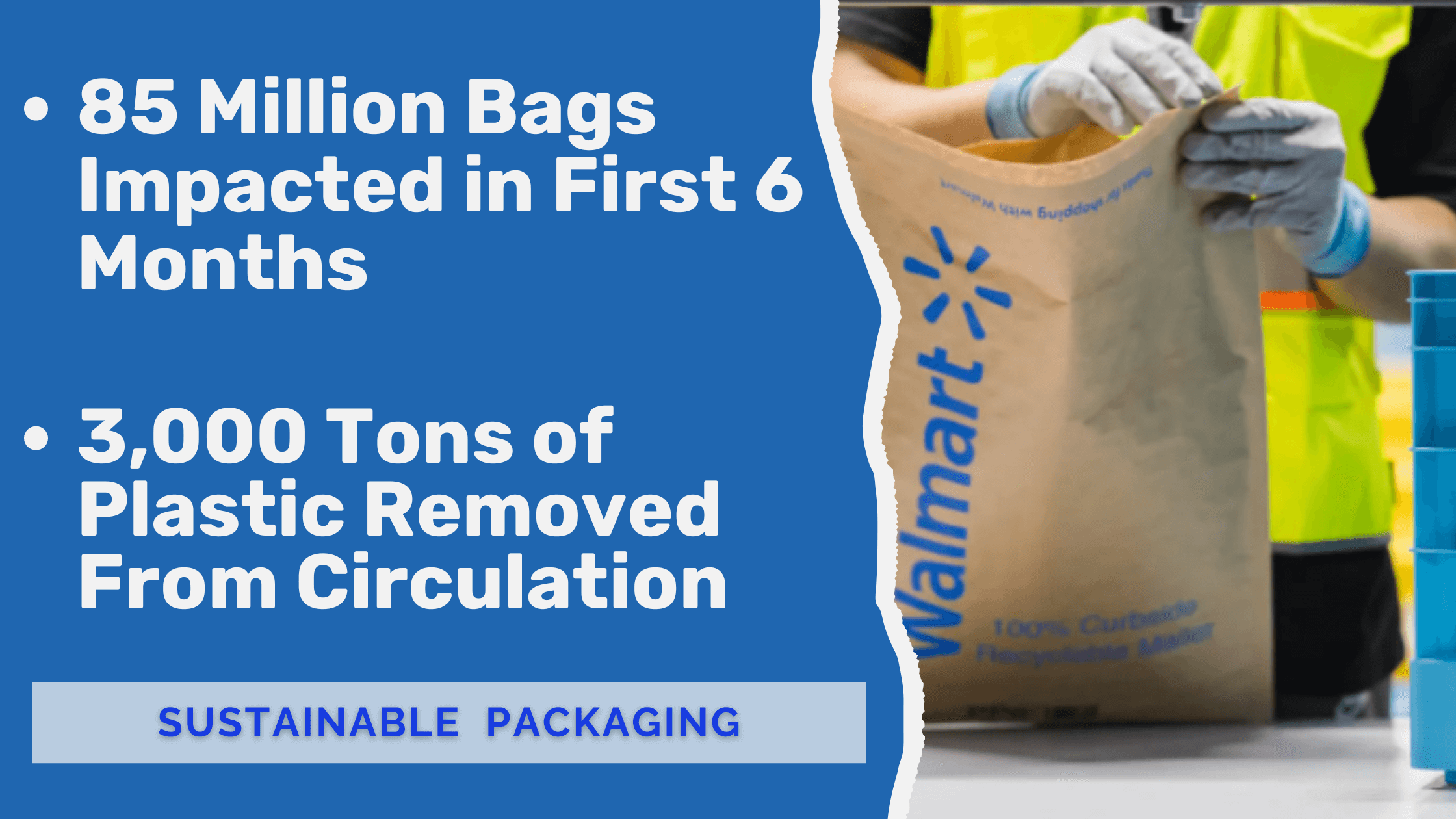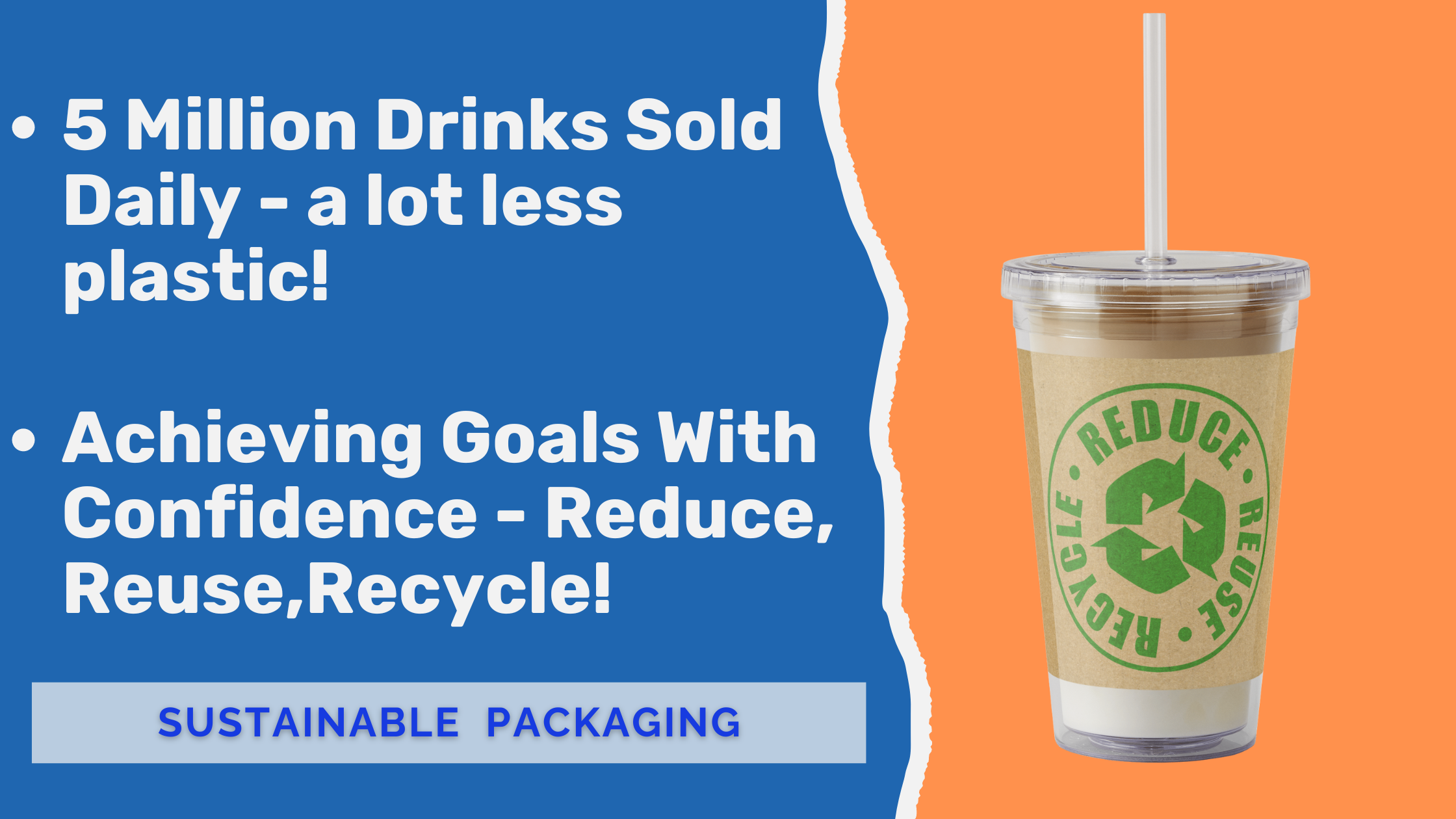10% Reduction In Material Across 500 Million+ Pizza Boxes
Challenge
A major pizza chain aimed to enhance the quality of their pizza boxes and collaborated with the Clear Packaging team to initiate a Continuous Improvement Validation program. There were a total of twelve production locations producing over 500 million boxes per year.
Due to the large volume of packaging, the brand faced challenges in having complete visibility of their supply chain and taking a proactive approach to their packaging program. It was crucial for them to successfully engage suppliers and ensure regular product submissions on a monthly basis.

Action
Our new client had never used a packaging testing laboratory before and was impressed by the information they were getting about their packaging.
After several months of testing pizza boxes for various parameters across multiple categories including Appearance, Performance, Formation, Dimensions, and Materials, the brand was informed by the Client Services Team at Clear Packaging that one of the supplier’s pizza boxes had a lower basis weight than the rest, but was still passing all performance and critical-to-quality tests.
Result
Our client used the valuable data provided by Clear Packaging to engage in fact-based discussions with their packaging suppliers. During the review of the specifications of their most widely used pizza boxes, it was discovered that eleven out of twelve facilities were producing an “over-engineered” product. As a result, a 10% reduction in material was implemented across these facilities.
Data collected from testing the new pizza boxes confirmed that they performed well. The reduction in material enabled our client to create more sustainable packaging while also significantly reducing costs.

